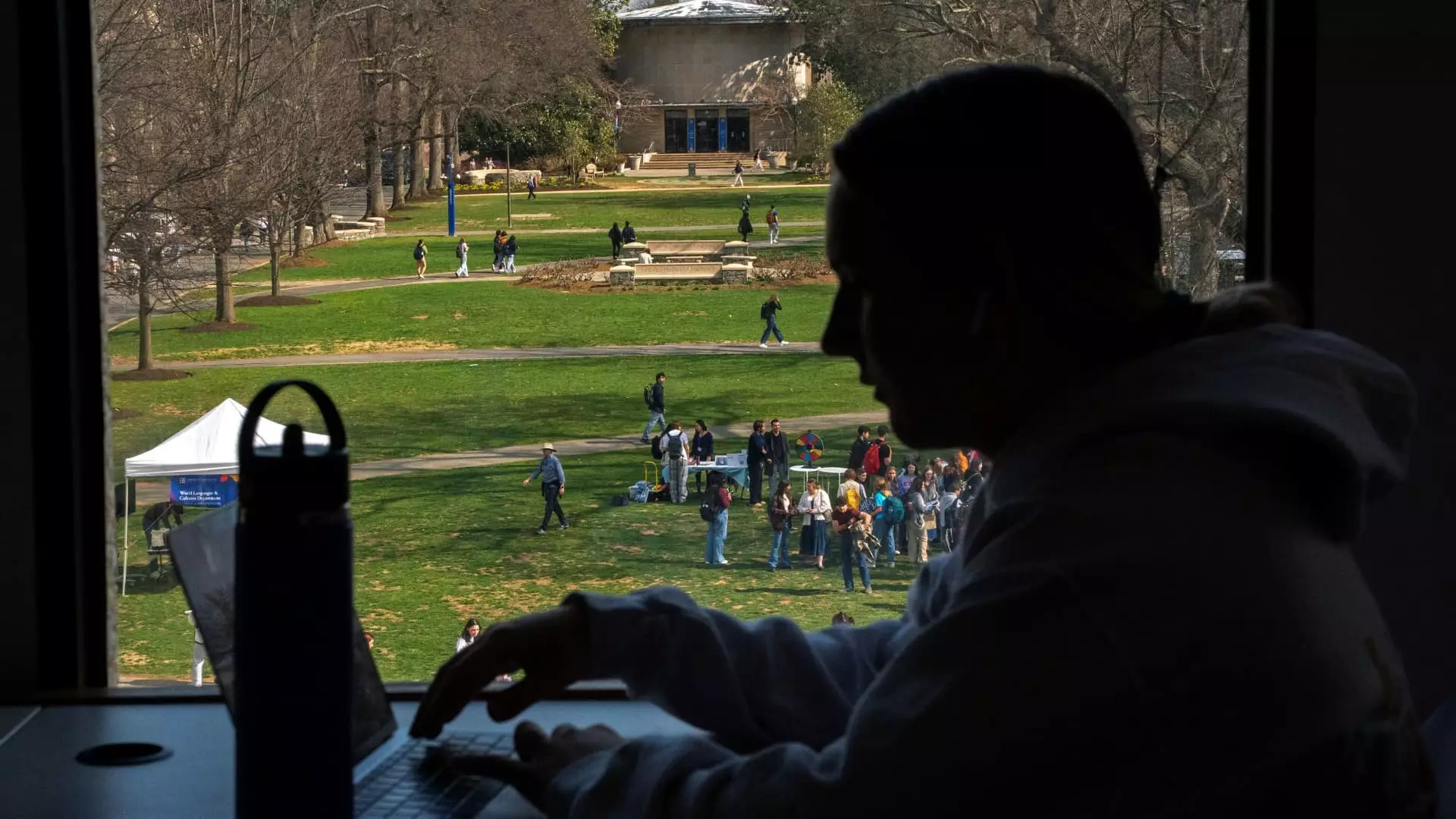The recent moves by the Trump administration to restrict access to the Public Service Loan Forgiveness (PSLF) program reveal a troubling tendency to politicize and undermine a vital tool designed to reward service and dedication. While ostensibly aimed at preventing benefits for certain organizations, these proposed rules thrive in ambiguity, allowing bureaucratic discretion to target organizations based on opaque criteria. This approach threatens to distort the fundamental purpose of PSLF — to support individuals committed to serving the public good, regardless of political affiliations or personal ideologies.
The administration’s newly proposed regulations mark a clear departure from the bipartisan spirit in which PSLF was created. Originally established as a way to incentivize careers in public service, the program was meant to reward motivated individuals working for nonprofits, governmental agencies, and other organizations benefiting society at large. Now, however, the administration is edging toward a politicized definition of “national security” and “American values,” placing organizations providing support to marginalized communities, such as undocumented immigrants or transgender people, under threat of disqualification. This move risks politicizing a program that should be about civic duty and social contribution, not ideological policing.
The Threat of Censorship and Discrimination
Advocates and experts raise valid concerns about how sweeping and vague the new rules are. They argue that the criteria for determining whether an organization undermines national security or American values are not only broad but dangerously subjective. Such vagueness opens the door for arbitrary enforcement, where decisions could be driven by political convenience rather than fairness or intent.
This creates a chilling effect, discouraging organizations that serve vulnerable populations from participating in public service programs. When the definition of “illegitimacy” becomes a weapon wielded based on personal or political bias, it risks stifling vital social services. For many Americans working tirelessly to uplift marginalized groups, the threat of losing their forgiveness eligibility could be a dissuasion to continue their service, which contradicts the very spirit of PSLF.
Moreover, this approach risks turning the program into a tool for cultural gatekeeping, where organizations and the individuals working within them are unfairly scrutinized and penalized without clear standards or due process. Such policies undermine the core principle of public service that transcends partisan divides and instead sow discord and mistrust.
Legal and Moral Implications of an Ambiguous Policy
Legal experts warn that the administration’s vague language opens the door for protracted court battles. The inconsistencies and lack of clarity in the criteria could lead either side to challenge the rules, which might temporarily suspend or complicate relief for thousands of borrowers stuck in application backlogs. Nonetheless, as Betsy Mayotte notes, these rules cannot be applied retroactively, offering a fragile layer of protection for current borrowers.
From a moral perspective, the attempt to restrict forgiveness based on questionable criteria underscores a broader shift towards valorizing merit and political loyalty over civic engagement and social responsibility. The very idea of public service — working to improve society — should not be hostage to ideological litmus tests. Instead, it must be protected as a common good, fostering a more inclusive and equitable nation.
This policy not only jeopardizes individual careers but also threatens the broader social benefits that come from a diverse and dedicated workforce in public service. It risks alienating those who are already marginalized, sending a discouraging message that their efforts may be deemed illegitimate by vague and selective standards. In essence, this is a profound setback in the fight for social equity and justice, cloaked under the guise of national interests.
What Lies Ahead for Borrowers and Society
For now, many borrowers are caught in limbo, unsure whether their work will qualify under these changing rules. While some can theoretically switch jobs to avoid disqualifying organizations, this is no sustainable or just solution. The uncertainty embedded in these policy shifts fosters a climate of anxiety and distrust among public service workers who have committed their careers to societal betterment.
At the heart of this debate is a fundamental question about the role of government: Should programs aimed at encouraging civic engagement be used as political pawns? The answer, in my view, is an emphatic no. Public service should be about fostering a more equitable society, not serving as a political football susceptible to ideological censorship. If the administration truly aims to bolster national security and American values, it must do so through transparent, fair, and inclusive policies — not through vague, biased regulations that threaten to destabilize the programs designed to support those serving the common good.

